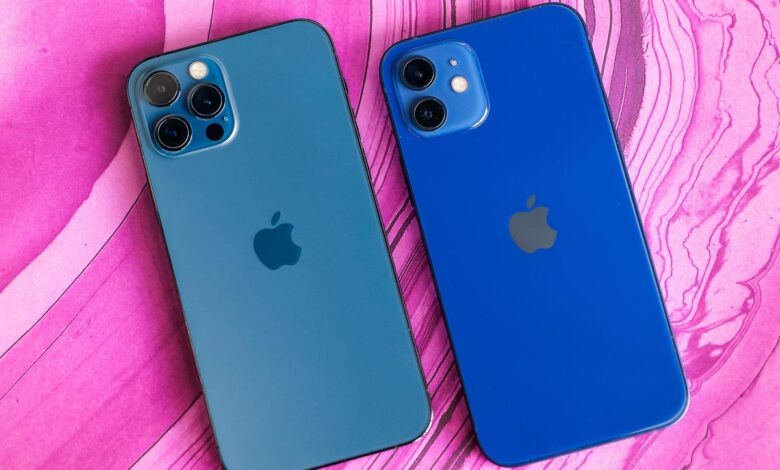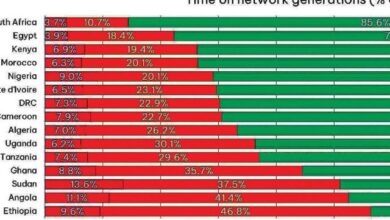France Suspends iPhone 12 Sales due to Radiation Exposure Concerns
Apple disputes French watchdog's findings on excessive radio frequency emissions

France has halted the sale of Apple’s iPhone 12 and is considering a recall of the model, citing concerns over radio frequency exposure levels that exceed the country’s limits. The French ANFR watchdog conducted tests and reported that the iPhone 12 emits electromagnetic waves absorbed by the body at a rate higher than permitted. However, Apple is disputing these findings, stating that the device has been certified by international bodies as compliant with global radiation standards.
The specific absorption rate (SAR) of the iPhone 12, which measures the amount of radio frequency energy absorbed by the body, was found to be 5.74 watts per kilogram during tests simulating the phone being held or kept in a pocket. The European Union standard for SAR is 4.0 watts per kilogram in similar tests. Despite meeting other SAR requirements, the handset failed to comply with this specific test, prompting the French watchdog to take action.
The ANFR has announced that its agents will visit Apple stores and distributors to ensure the iPhone 12 is no longer being sold. Failure to comply may result in a recall of already sold devices. Apple, however, has presented internal and independent lab results to the regulator, stating that the iPhone 12 adheres to all global SAR regulations and safety standards. The company also publishes SAR values on its website.
Authorities in various countries impose limits on electromagnetic radiation emitted by mobile phones to safeguard public health. The World Health Organization, after extensive studies, has not established any adverse health effects caused by mobile phone use.
To address the radiation concerns, the French junior minister for the digital economy, Jean-Noel Barrot, suggests that a software update from Apple could resolve the issue. The ANFR will verify the effectiveness of any updates provided by Apple, and the findings will be shared with regulators in other EU member states.
As Apple faces this setback in France, the company has announced its latest iPhone 15 models, which adopt the universal USB-C charging connector to comply with new EU regulations to standardize chargers. This move aims to reduce electronic waste and provide cost savings for consumers who no longer need separate chargers for different devices.



